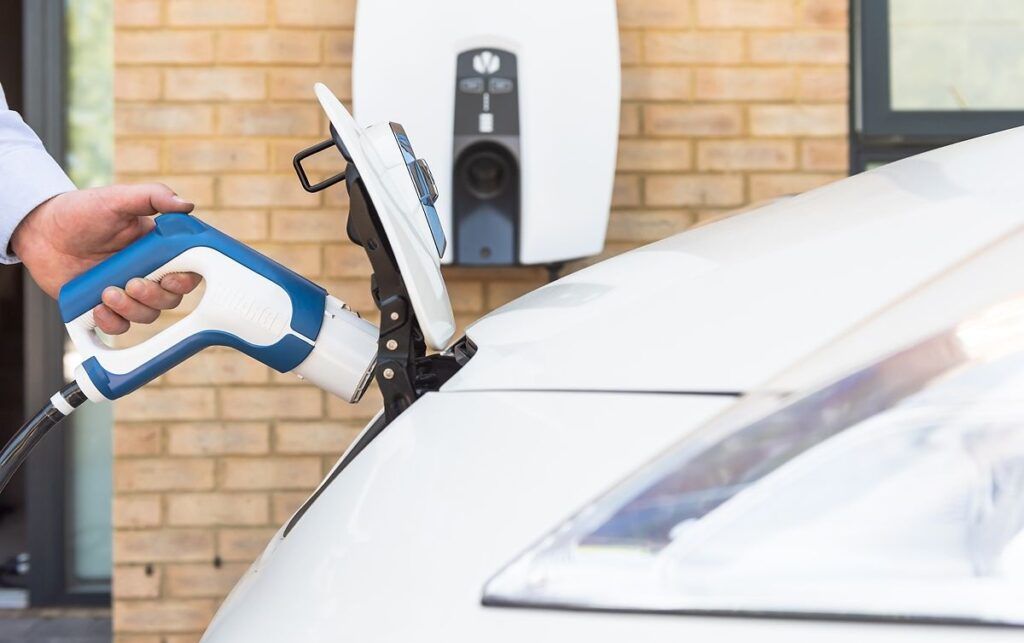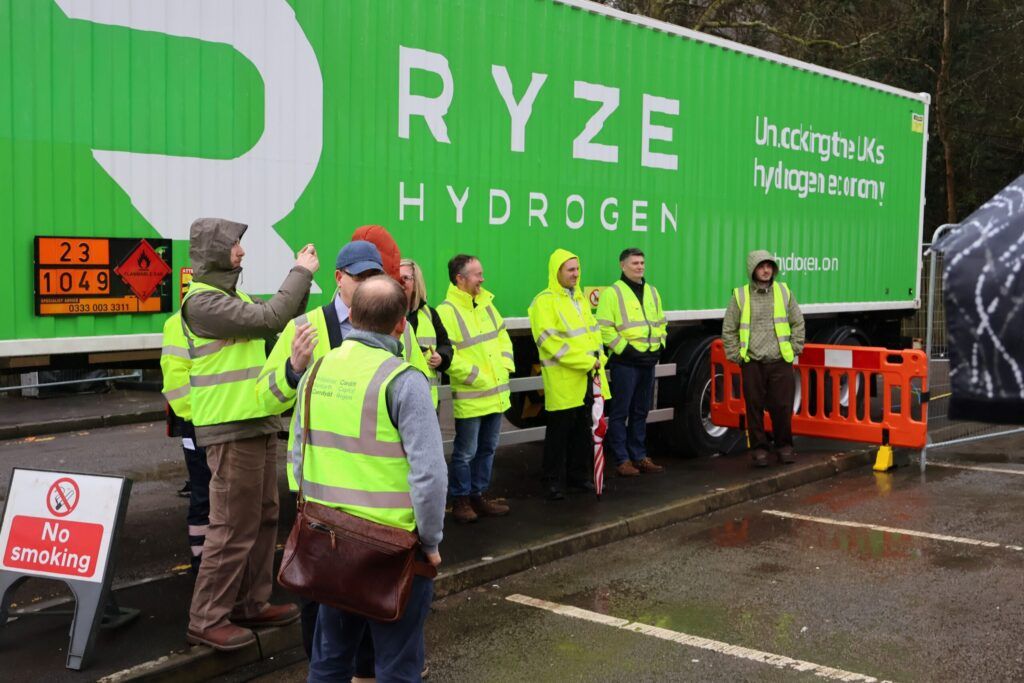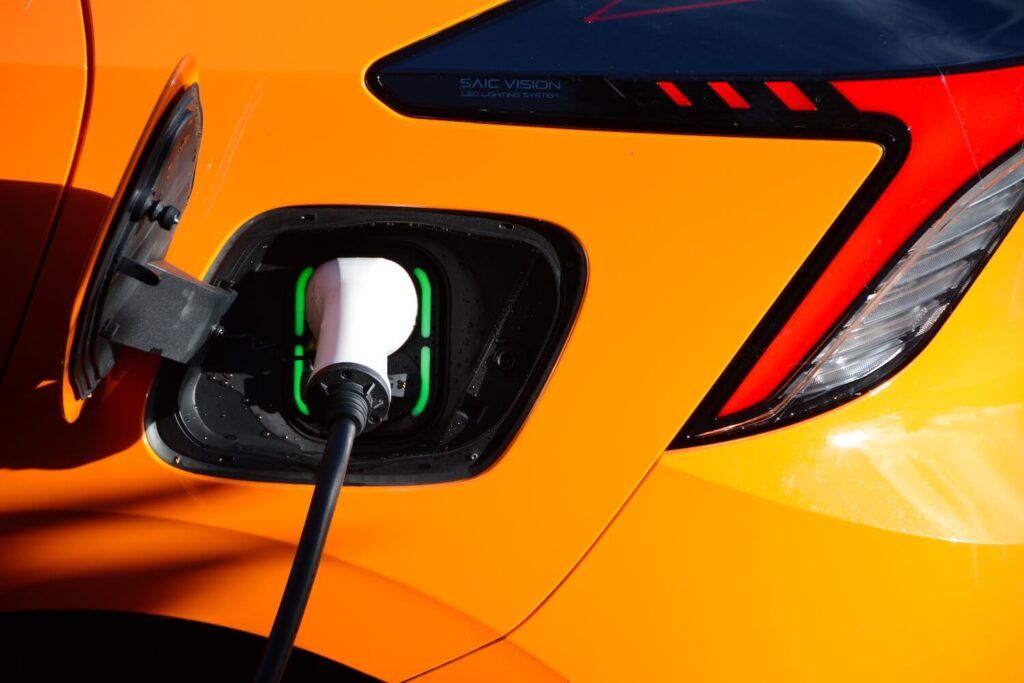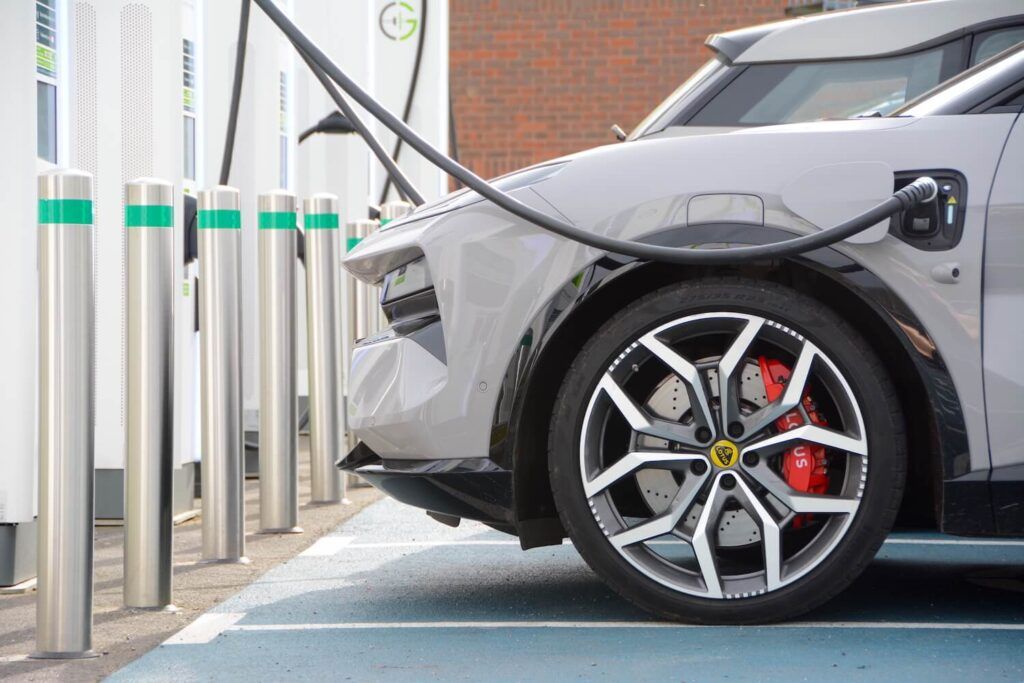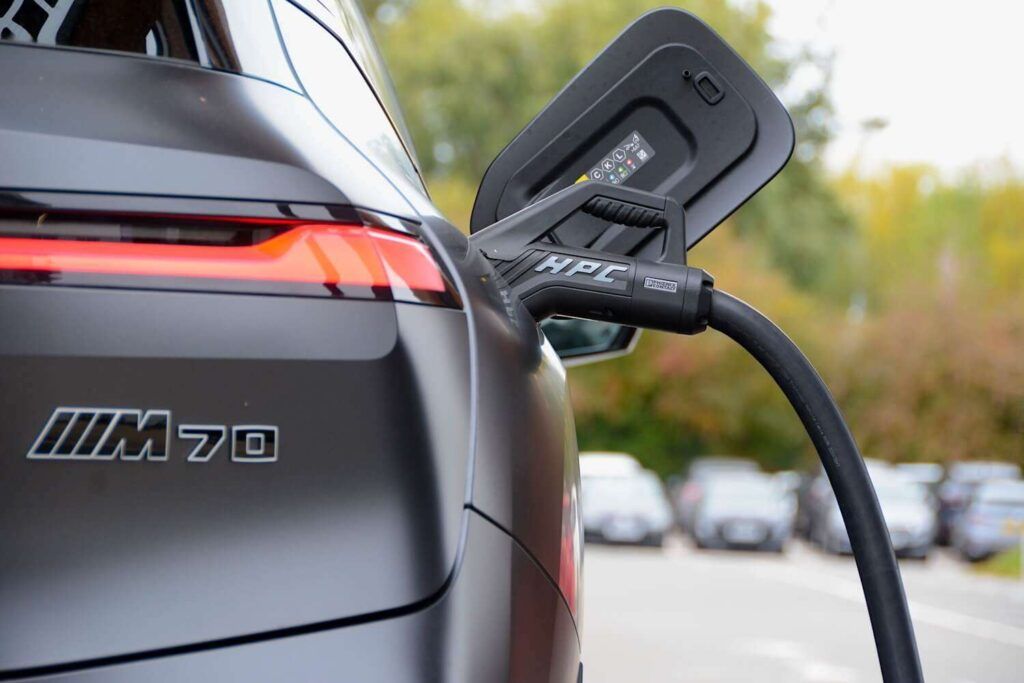Findings from EV charging manufacturer Indra’s vehicle-to-home (V2H) electric vehicle charger trial has highlighted the critical role of bidirectional charging with solar panels to deliver large-scale cost savings.
The findings were unveiled earlier this week by Indra’s Chief Technology Officer, John Fox, at the Cenex Expo 2024, one of the UK’s largest events focusing on the transition to net zero transport, where T+E was the main content partner.
A key insight of its trial has been that reductions in cost have been particularly noticeable for those trialling its bidirectional charger in tandem with solar panels, who receive Feed-In Tariffs or Smart Export Guarantee payments for electricity sold back to the grids.
A number of trialists experienced negative bills by earning money from their energy provider, particularly in the sunnier months of the year.
On average, trialists made large savings through using the bidirectional charger, with 50% anticipating saving between £400 and £799, 18% expecting between £800 and 1,199 and 10% forcecasting to save even higher sums.
The Research and Development project is one of the largest V2H trial in the world and has seen more than 200 bidirectional chargers installed in UK homes. The multi-year project aims to explore how best V2H technology can be rolled out as a commercial product.
Trialists have so far collectively reduced their household electricity consumption during peak times by more than 100 MWh – enough to power an electric vehicle for approximately 430,000 miles.
Through the trial, Indra has been collecting insights into how consumers interact with the technology. These are already being harnessed by the company in the design of its next-generation bidirectional EV chargers.
John Fox said:
“As expected, we’ve already shifted a significant amount of energy, supporting the grid and reducing carbon and this is only going to keep increasing as the trial continues.
“We’ve had some fantastic feedback from trialists on the savings they have made on their energy bills, and I can say from personal experience the savings are very much real – I’m around the £800 saving per year mark, with no solar panels at my home.
“This real-world evidence is vital in supporting our mission to bring the benefits of bidirectional EV charging to as large a number of people as possible.”
Image courtesy of Indra




